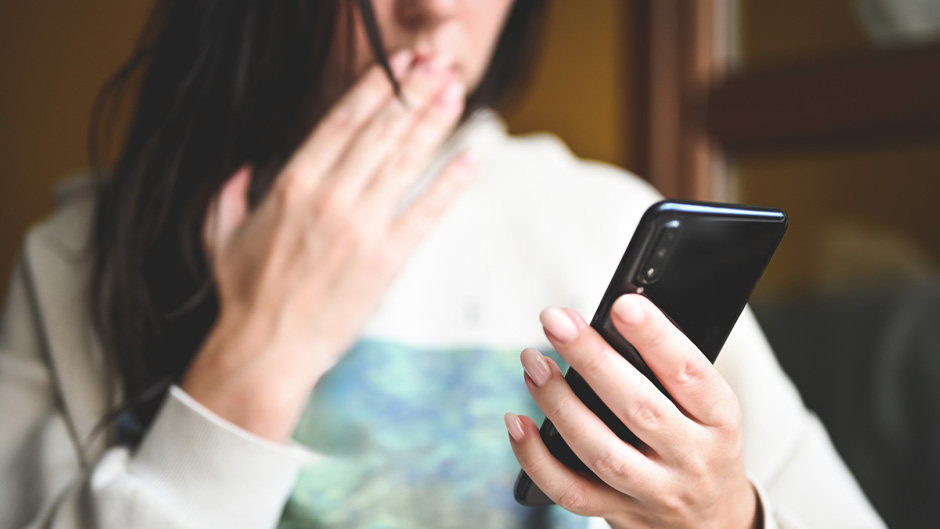When she was in college, Manuela Jaramillo said she witnessed many instances where friends could have benefited from information and support following a sexual assault.
So when Jaramillo became a graduate student at the University of Miami and learned that there was a volunteer group called the Sexual Assault Resource Team, or SART, that could help survivors navigate their options anonymously on the phone, she was interested.
“I think it’s phenomenal that this resource exists at UM,” said Jaramillo, now a veteran volunteer with the SART hotline, as well as a psychology graduate student. “SART normalizes the fact that people can talk about sexual assault and helps people feel less alone if this happens to them.”
 A group of volunteers formed the University’s own SART in 1992 to offer students a hotline that is open 24 hours a day, seven days a week, to give resources and support to victims or their loved ones.
A group of volunteers formed the University’s own SART in 1992 to offer students a hotline that is open 24 hours a day, seven days a week, to give resources and support to victims or their loved ones.
SART offers students who experience sexual assault the opportunity to speak with a compassionate person, who can offer practical advice in the hours and days after an event.
Now they are looking for more volunteers to help bolster SART for next year.
“This is a chance to potentially be there for a student during a difficult and sensitive time,” said Audrey Cleary, a licensed psychologist who serves as coordinator of SART and is a staff member at the University’s Counseling Center. “When the time comes, volunteers know what they are doing matters to someone.”
Interested volunteers for SART are trained in the resources and language needed to support victims of sexual assault, molestation, or battery through a one-day workshop on Jan. 31, 2025, said Cleary. These volunteers—who must be University faculty or staff members, or graduate students—will then be on call for one to three weeks during the year. This typically involves about one call per week, she added. All the calls are kept anonymous, and, if needed, many volunteers speak Spanish, Cleary added.
In addition, if callers request it, SART volunteers can follow up with them and help connect them to Miami’s Roxcy Bolton Rape Treatment Center, Cleary added.
“This program has been able to function because of volunteers who are able to go above and beyond their responsibilities. So anyone who joins SART would be part of a tradition of generosity and people willing to offer care and compassion to others who are going through a difficult time,” Cleary said.
Jaramillo has answered calls about three times a year for the past six years as part of SART. She said it’s an incredible experience to offer someone in a traumatic situation support and to listen as their stress melts away while you explain there are options.
“Callers are often in a state of distress when they reach out, but by the end, we have a plan and they know they are being supported and someone believes them,” she said. “It can be very empowering for that person, but it’s also rewarding for the volunteer. Once you hang up the phone, you feel good because you know that person has resources and support that they didn’t have before.”
To learn more about volunteering for SART, contact Audrey Cleary, a.cleary@miami.edu, or Sandra Gomez, sng654@miami.edu, at the Counseling Center, 305-284-5511, by Jan. 17, 2025.

